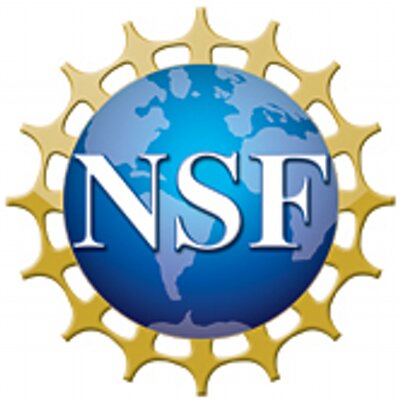
Workshop Opportunity: Expanding The Agenda For Inclusive Policy, Practices, And Research Regarding Gender And Computer Science
The following information was first published by Sagefox Consulting Group.
Are you a researcher currently doing or planning to do work by, with, or for Trans and Nonbinary learners in computing? We’d love to invite you to a virtual workshop where we will collectively develop a research agenda that includes transgender and nonbinary (TNB) learners in Broadening Participation in Computing (BPC) efforts for inclusive and intersectional policy, practices, and research.
The objectives of this workshop are to:
- Define near and long-term agenda items for intersectional research about the inclusion of TNB learners in computing for the Computing Education Research (CER) community
- Advance our collective understanding of and ability to implement principles of intersectionality in future work
- Highlight existing work, researchers, and thought leaders on the inclusion of TNB learners in BPC/RPP initiatives
- Create a community where this work is valued for those doing, receiving, and being represented by this work
- Provide participants with the opportunity to conceptualize how to expand and refine the inclusion of TNB learners as part of their current and future BPC/RPP initiatives
Pre-workshop Panel Timeline:
- Two 90-min pre-workshop panels on Thursday, November 3rd from 5-6:30 PM EST and late November/early December.
- Three three-hour sessions will occur on TUE, WED, & THU afternoon (EST) the week of Jan 9, 2023, OR Jan 16, 2023. Each day will last for a duration of 3 hours. All workshop activities will be conducted virtually. This workshop will require 12 hours of synchronous time commitment plus some additional asynchronous time for reading or reviewing data. We are not able to offer stipends or other financial incentives to workshop participants.
Please visit the workshop webpage to learn more and to fill out the participant interest form by September 21, 2022. Note that we are currently in the process of working with panelists and other speakers to firm up the dates for our two pre-workshop panels. This information will continue to be updated on the webpage.
You can contact Stacey Sexton, ssexton@sagefoxgroup.com with any questions about the workshop schedule, content, or required commitment.


 This post was originally published in CRA Bulletin on April 4, 2022
This post was originally published in CRA Bulletin on April 4, 2022 




